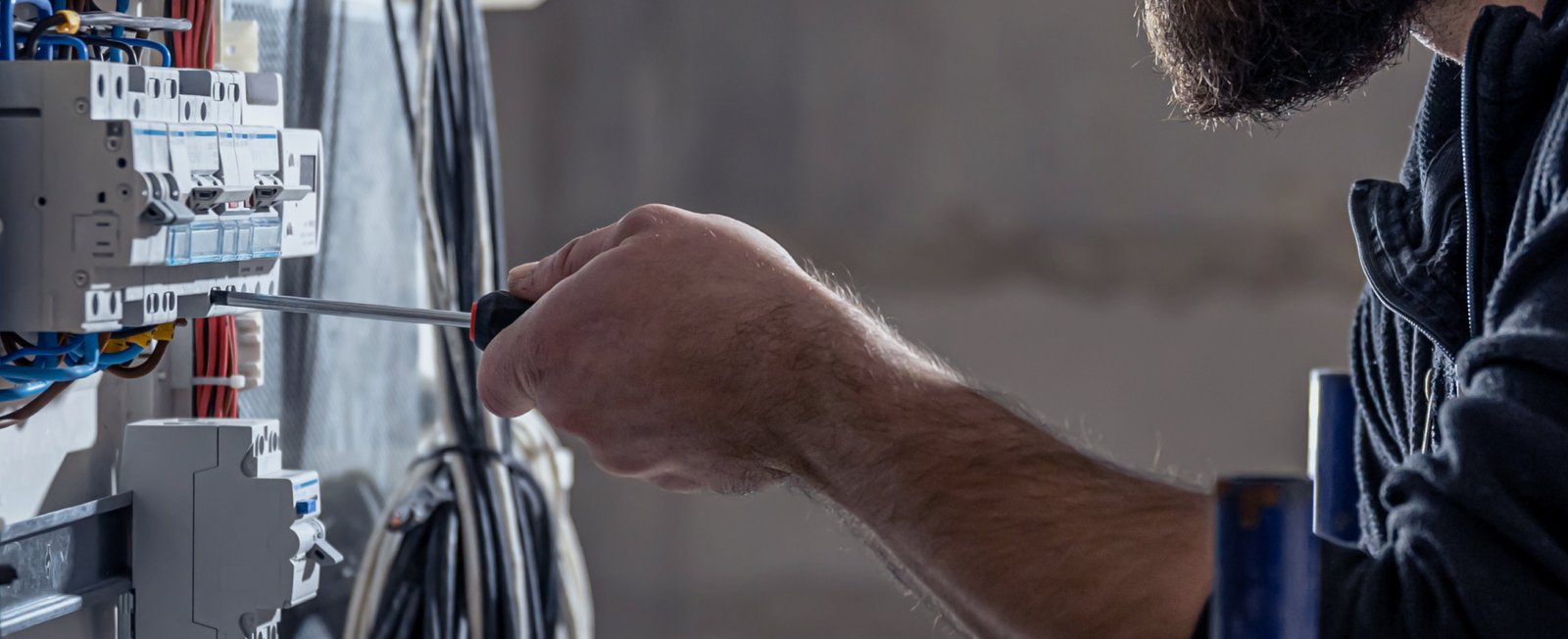Electricity is an essential part of modern life, but it can also pose serious risks if not handled properly. As homeowners in Ghana, it’s crucial to prioritize electrical safety to protect your home and family from potential hazards. In this blog post, we’ll discuss some fundamental tips for ensuring electrical safety in your home.
Understanding Electrical Hazards:
- Faulty Wiring: Poorly installed or outdated wiring is a leading cause of electrical fires in homes. Signs of faulty wiring include flickering lights, frequent circuit breaker trips, and burning smells. If you suspect issues with your electrical wiring, it’s essential to have them inspected and repaired by a qualified electrician.
- Overloaded Circuits: Plugging too many appliances or devices into a single outlet can overload the circuit and increase the risk of electrical fires. Use power strips with built-in surge protection to distribute power safely and avoid overloading outlets. Additionally, refrain from using extension cords as permanent solutions and instead install additional outlets where needed.
- Outdated Electrical Systems: Many older homes in Ghana may have outdated electrical systems that are not equipped to handle the demands of modern appliances and electronics. If your home’s electrical system hasn’t been updated in years, consider investing in an electrical upgrade to ensure it meets current safety standards.
- Electrical Appliances: Damaged or malfunctioning electrical appliances can pose a significant safety hazard. Regularly inspect appliances for frayed cords, loose plugs, or signs of damage, and replace or repair them as needed. It’s also essential to follow manufacturer guidelines for installation, usage, and maintenance to prevent accidents.
Practical Electrical Safety Tips:
- Install ground fault circuit interrupters (GFCIs) in areas with water exposure, such as kitchens, bathrooms, and outdoor outlets, to prevent electrical shocks.
- Keep electrical cords away from heat sources, water, and high-traffic areas to reduce the risk of damage or tripping hazards.
- Teach children about electrical safety and the importance of never inserting objects into electrical outlets or playing with electrical appliances.
- In the event of a power outage or electrical emergency, know the location of your home’s circuit breaker or fuse box and how to safely reset or replace fuses.
By being proactive about electrical safety and implementing these tips in your home, you can create a safer environment for your family and reduce the risk of electrical accidents. Remember, when it comes to electrical work, always prioritize safety and enlist the help of qualified professionals when needed. Stay tuned for more valuable insights and advice from Home Repairs Ghana on keeping your home safe and well-maintained!

